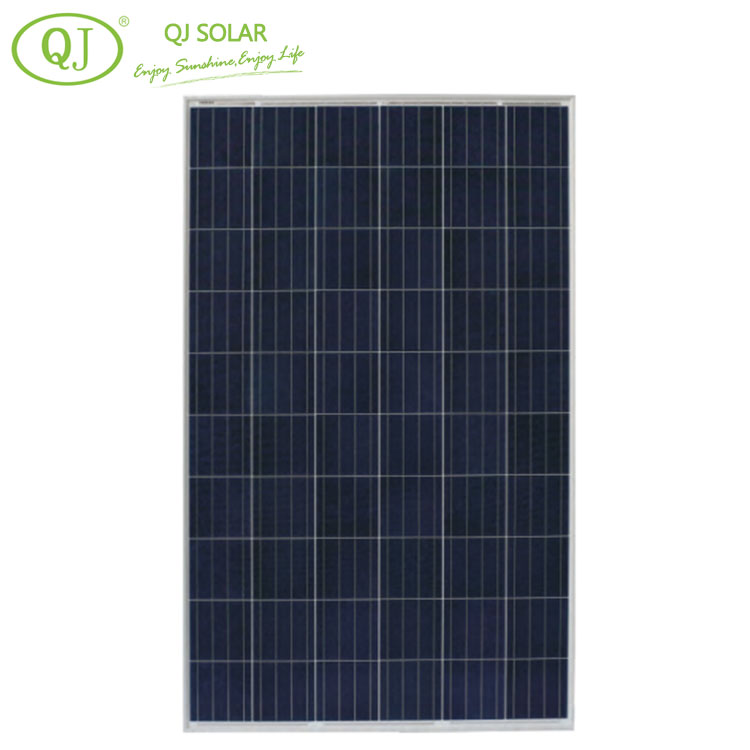Light EV Pickup Truck
A light electric vehicle (EV) pickup truck, often referred to as an electric light-duty pickup truck or an electric truck, is a type of vehicle that combines the utility and versatility of a pickup truck with an electric powertrain. These vehicles are designed to provide the advantages of electric p......
Send Inquiry
Product Description
A light electric vehicle (EV) pickup truck, often referred to as an electric light-duty pickup truck or an electric truck, is a type of vehicle that combines the utility and versatility of a pickup truck with an electric powertrain. These vehicles are designed to provide the advantages of electric propulsion, including reduced emissions, lower operating costs, and quieter operation, while still offering the cargo-carrying and towing capabilities associated with pickup trucks. Here are some key features and considerations related to light electric pickup trucks:
1. Electric Powertrain: Light electric pickup trucks are equipped with electric motors powered by batteries. These electric powertrains produce instant torque and provide smooth and quiet operation. The absence of an internal combustion engine results in zero tailpipe emissions, contributing to reduced environmental impact.
2. Battery Capacity: The battery capacity in electric pickup trucks varies depending on the model and manufacturer. Larger batteries generally offer longer driving ranges, but they also increase the overall weight of the vehicle. Battery technology is continually evolving, leading to improvements in energy density and range.
3. Charging Infrastructure: Owners of electric pickup trucks need access to charging infrastructure, including home charging stations and public charging networks. High-capacity Level 2 chargers and fast DC chargers can significantly reduce charging times.
4. Towing and Payload Capacity: Electric pickup trucks are designed to handle a range of tasks, including towing trailers and carrying heavy payloads. The towing and payload capacities of these vehicles vary depending on the model and configuration.
5. Drive Modes: Many electric pickup trucks offer multiple drive modes, including modes optimized for towing, off-road driving, and energy-efficient city driving. These modes allow drivers to tailor the vehicle's performance to specific tasks.
6. Regenerative Braking: Electric pickup trucks often feature regenerative braking systems that capture energy during braking and deceleration, helping to recharge the battery and improve overall energy efficiency.
7. Maintenance: Electric vehicles typically have fewer moving parts and require less maintenance than internal combustion engine vehicles. This can result in lower maintenance costs over the lifetime of the vehicle.
8. Cost Considerations: Electric pickup trucks tend to have a higher upfront purchase price compared to their gasoline or diesel counterparts, primarily due to the cost of batteries. However, lower operating costs (e.g., lower fuel costs and reduced maintenance) can offset this initial expense.
9. Range: The driving range of electric pickup trucks varies, but some models offer ranges comparable to or exceeding those of traditional gas or diesel trucks. Longer ranges are especially important for those who use their trucks for long-distance hauling or towing.
10. Environmental Benefits: The use of electric pickup trucks can contribute to reduced greenhouse gas emissions and air pollution, particularly if the electricity used for charging comes from clean, renewable sources.
Several automakers have announced plans to develop and produce electric pickup trucks, and as battery technology continues to advance, the market for light electric pickup trucks is expected to grow, providing consumers with more options for environmentally friendly and versatile vehicles.










